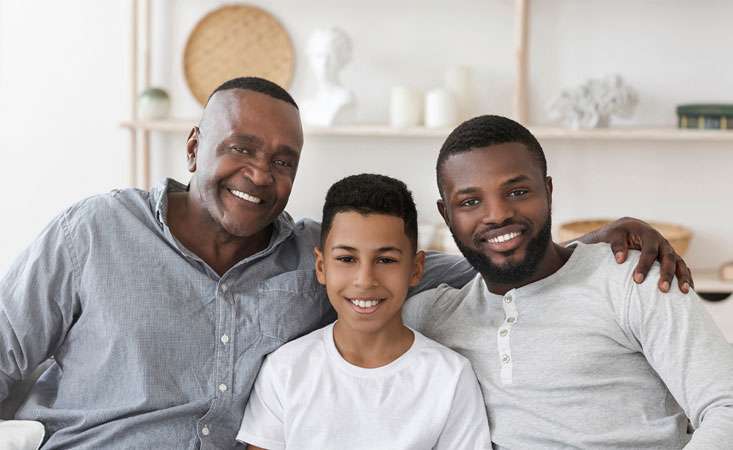
On Wednesday, June 22, you’ll want to join us online for “Let’s Talk About: Pancreatic Cancer in the Black Community,” as moderator Karyn Temple and other members of the Black community share their experiences with the disease:
- Craig Irving knows the importance of advocating for yourself or a loved one with pancreatic cancer – he helped his sister, Vi, during her illness.
- Randi Ervin will share how she advocated for herself with her healthcare team as she navigated pancreatic cancer as a patient.
- Marcus Noel will discuss how to speak with your physician about a personalized care plan, and the importance of considering clinical trials at diagnosis and during every treatment decision.
- Ashley Nelson will share how PanCAN Patient Services is here to help all pancreatic cancer patients and families, and how we’re working to address health disparities in the Black community.
“Let’s Talk About: Pancreatic Cancer in the Black Community” is free to join and is the culmination of National Black Family Cancer Awareness Week, a time to bring more attention to the cancers that affect Black Americans.
Pancreatic cancer affects Black Americans more than any other racial or ethnic group. Researchers don’t know exactly why, but they believe environmental and lifestyle factors play a role. Also, some Black patients face barriers that can hinder them from receiving care.
People at higher risk for pancreatic cancer should listen carefully to their bodies, be aware of any symptoms that are out of the ordinary and openly communicate with their healthcare team. Some examples of pancreatic cancer symptoms include back or stomach pain, unexplained weight loss, jaundice and digestive challenges.
Considering clinical trials is particularly important for pancreatic cancer patients who are part of an ethnic or racial minority group.
Pancreatic cancer patients who participate in clinical research have better outcomes, and every treatment available today was approved through a clinical trial.
Despite comprising 13% of the U.S. population, Black Americans make up only 4% of cancer clinical trial participants.
















